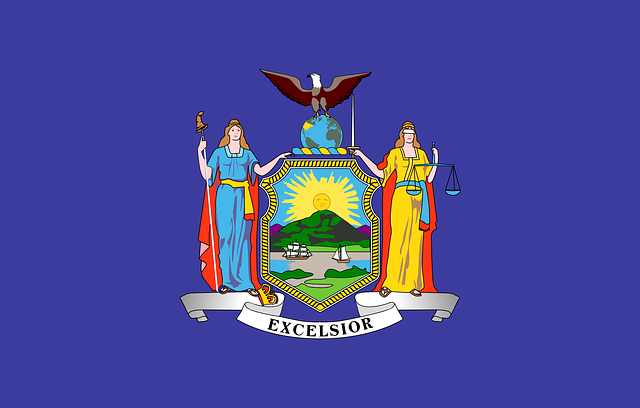Share This Article:

Worker’s Running in Red $300 per Month doesn’t Show ‘Extreme Financial Hardship’
23 Oct, 2024 Frank Ferreri

Case File
A New York worker couldn't make ends meet, but as Simply Research subscribers know from the full text of her case, that didn't mean she fit the bill for "extreme financial hardship" in the Empire State.
Case
Brown v. Plans Plus Ltd., No. CV-23-0250 (N.Y. App. Div. 10/10/24).
What Happened
An enrollment specialist performing data entry and telephone services at her desk was injured in a work-related accident when she bent forward in her chair and fell to the floor and sustained back injuries.
She was classified with a permanent partial disability and an 80% loss of wage earning capacity, entitling her to 425 weeks of indemnity benefits. Prior to the expiration of her indemnity benefits, the specialist filed an extreme hardship redetermination request, which is form C-35, seeking reclassification to permanent total disability.
The Workers' Compensation Law judge denied the request, finding that the specialist did not show extreme financial hardship. the Workers' Compensation Board affirmed.
The specialist appealed to court, arguing that the WCB misinterpreted the statutory meaning of "extreme hardship."
Rule of Law
Under New York law, in cases where the loss of wage-earning capacity is greater than 75%, a claimant may request, within the year prior to the scheduled exhaustion of indemnity benefits, that the board reclassify the claimant to permanent total disability or total industrial disability due to factors reflecting extreme hardship.
"Extreme hardship" is not defined in a New York statute, but legislative history indicates that the provision was intended to provide an exemption for claimants under extreme financial hardship. In Davis v. Hutchings Children Servs., 213 A.D. 3d 1111 (N.Y. App. Div. 2023), the court turned to a dictionary definition to hold that claimants seeking reclassification based on extreme hardship "must demonstrate financial hardship beyond the ordinary and existing in a very high degree."
What the Court Said
The court affirmed the WCB's decision, agreeing that the specialist did not have any unusual or unexpected expenses for a person on a fixed income and that, under the "specific circumstances presented," the fact that her monthly expenses exceeded her income by approximately $300 did not, by itself, constitute an extreme hardship.
Workers' Comp 101: In evaluating applications for the extreme hardship exception, the board considers the claimant's assets, monthly household income, monthly expenses, and "any other relevant factor."
Looking to the specialist's claim, the court noted her testimony established that she lived alone in a three-bedroom house on which she took a $150,000 equity loan prior to the work accident, the proceeds of which were not accounted for, and leases a luxury vehicle costing $300 to $400. The court also highlighted that the specialist did not provide documentation of her monthly credit card payment of $300 to $400 and conceded that her monthly Social Security payment increased about $70 per month.
"The board's determination is supported by substantial evidence," the court wrote.
Takeaway
"Extreme financial hardship" in New York requires a showing of more than bills exceeding income.
AI california case management case management focus claims compensability compliance courts covid do you know the rule emotions exclusive remedy florida FMLA fraud glossary check Healthcare health care hr homeroom insurance insurers iowa leadership medical NCCI new jersey new york ohio osha pennsylvania roadmap Safety state info technology texas violence WDYT what do you think women's history women's history month workcompcollege workers' comp 101 workers' recovery Workplace Safety Workplace Violence
Read Also
- Apr 24, 2025
- Frank Ferreri
- Apr 24, 2025
- Liz Carey
About The Author
About The Author
-
Frank Ferreri
Frank Ferreri, M.A., J.D. covers workers' compensation legal issues. He has published books, articles, and other material on multiple areas of employment, insurance, and disability law. Frank received his master's degree from the University of South Florida and juris doctor from the University of Florida Levin College of Law. Frank encourages everyone to consider helping out the Kind Souls Foundation and Kids' Chance of America.
More by This Author
Read More
- Apr 24, 2025
- Frank Ferreri
- Apr 24, 2025
- Liz Carey
- Apr 24, 2025
- Claire Muselman
- Apr 24, 2025
- Chris Parker
- Apr 24, 2025
- Anne Llewellyn
- Apr 23, 2025
- Claire Muselman




